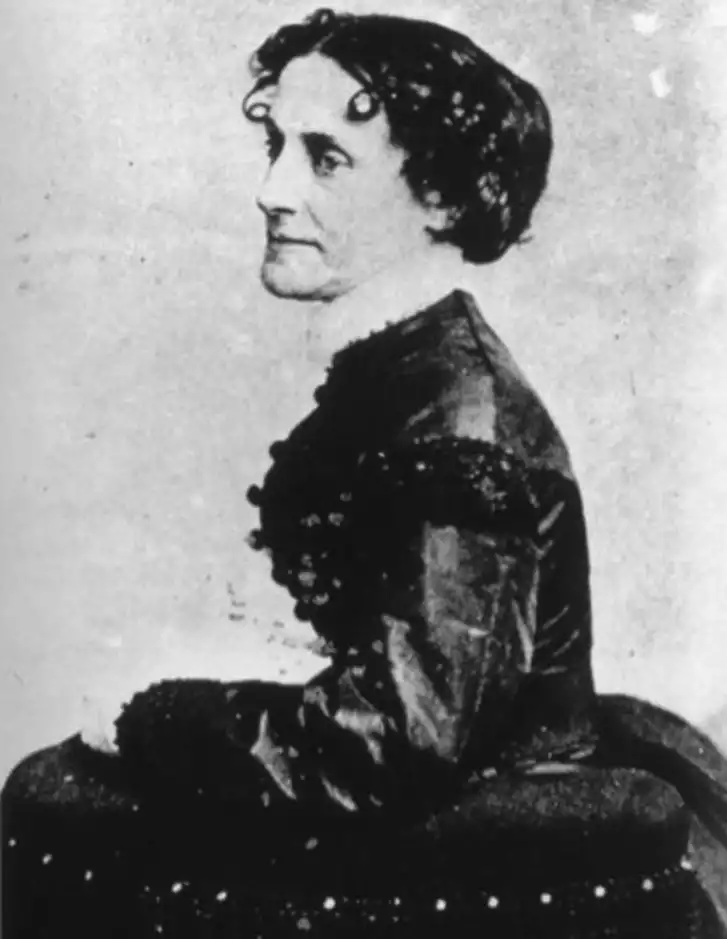
Union spy Elizabeth Van Lew, 43.
- Photos from “Liar, Temptress, Soldier, Spy”

Union spy Elizabeth Van Lew, 43.
- Photos from “Liar, Temptress, Soldier, Spy”
Elizabeth Van Lew was born into a wealthy, slave-owning family living in Richmond, Virginia. Growing up, Van Lew quickly realized that she did not share the same ideologies as her Confederate counterparts and family. Attending a Quaker elementary school in Philadelphia fortified her antislavery ideas. Unlike many others in Virginia, Elizabeth opposed the idea of slavery. That being the case, she joined a small group of Richmond Unionists, who created a hidden spy network connected throughout various Southern states. In this network, Van Lew and other group members would attempt to obstruct the efforts of the Confederate army. Living in a three-story mansion in the Confederate capital made obtaining classified intelligence a lot more accessible. As a spy, she was always pretending to be a supporter of her enemies' pro-slavery objective.
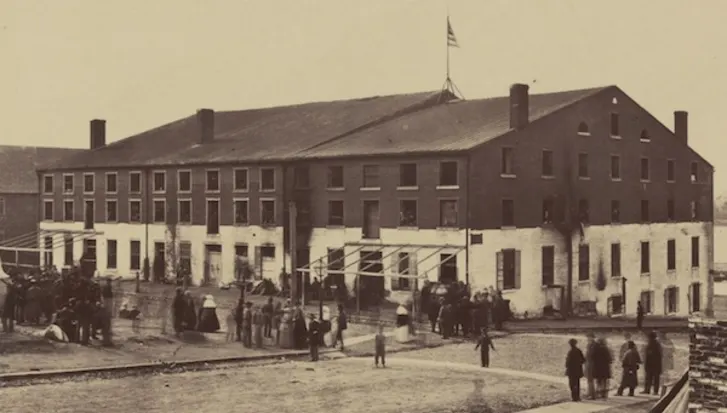
The Libby Prison was the second Richmond tobacco warehouse converted into a Confederate military prison. The guards whitewashed the walls to make it easier to spot escapees.
- Library of Congress
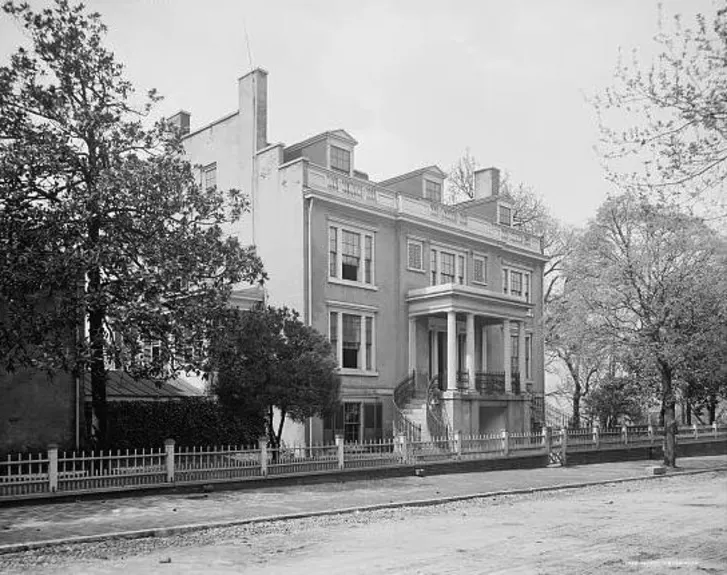
¨The Van Lew mansion in Richmond, circa 1905.¨
- Via Library of Congress
Ever since the war began, Elizabeth Van Lew's allegiance for the Union was clear. She would take items of clothing, medicine, and food to local Union prisoners being held at Confederate Libby Prison. While she was there, she began informing U.S. General Grant on any classified information she had heard from the prisoners. To cover any of her suspicious activities, she created a new persona named ¨Crazy Bet¨. By dressing oddly and acting strangely, Van Lew was never arrested for her spying. In 1863, Union General Benjamin Butler formally recruited Van Lew as a spy. Under Van Lew's capable leadership, the interracial spy network, most commonly referred to as the Richmond Underground, sucessfully evaded scrutiny while freeing Union prisoners from Confederate jails. Van Lew would lead them up to the North to seek refuge. Best described as a spy master, Lew oversaw and deployed spy operatives, using code names and invisible ink holding secret messages. All enemy insight was hidden within clothing or concealed in the soles of their shoes.
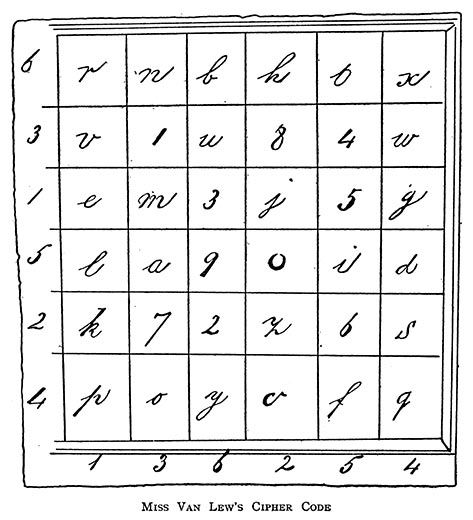
¨Elizabeth Van Lew wrote her disbatched in code and in a colorless liquid. Shown here is her cipher code.¨
- The Granger Collection, NYC
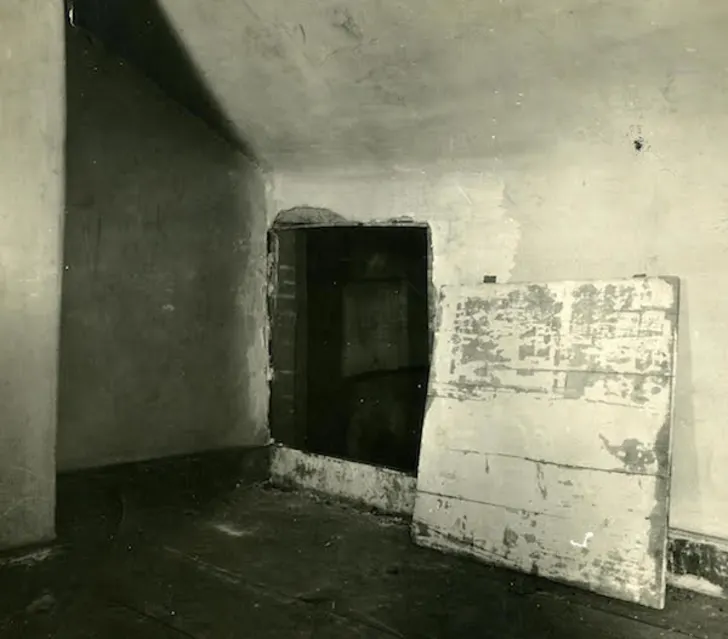
The entrance to the secret room in Elizabeth Van Lew’s mansion.
-From “Liar, Temptress, Soldier, Spy”
“Slave power crushes freedom of speech and of opinion. Slave power degreades labor. Slave power is arrogant, is jealous and intrusive, is cruel, is despotic, not only over the slave, but over the community, the state.”
- Elizabeth Van Lew
“Elizabeth Van Lew was probably the most valuable spy of the Civil War—male or female, North or South, she basically won the war for Ulysses S. Grant, and it’s astounding that she’s not a household name.”
- Historian and Author Karen Abbott
¨One of the people formerly enslaved by the Van Lew family, Mary Elizabeth Bowser, whose education in Philadelphia was financed by Van Lew, returned to Richmond. Elizabeth Van Lew helped get her employment in the Confederate White House. As a maid, Bowser was ignored as she served meals and overheard conversations. She was also able to read documents she found, in a household where it was assumed that she would not be able to read. Bowser passed what she learned to fellow enslaved people, and with Van Lew's aid, this valuable information eventually made its way to Union agents.¨
- Jone Johnson Lewis, ThoughtCo